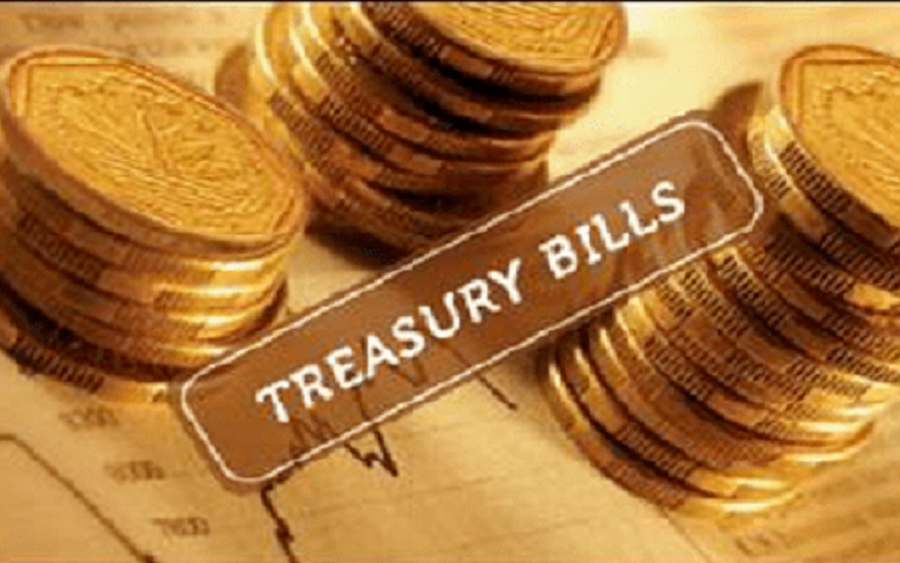The latest data from the Central Bank of Nigeria (CBN) has revealed that the country’s 364-day Treasury bills fell to 3.84%. On the other hand, the 91-day bills went for stop rates of 2.5%, 182-day ) and 3.84% (364 days).
At the auction, the Debt Management Office sold N19.8 billion on the 91-day paper, N40.1 billion on the 182-day, and N82.9 billion on the 364-day bill.
The overnight and open buyback rates declined by 57 basis points and 40 basis points apiece to close at 7.63% and 7.00% respectively. This followed net inflows from retail forex refunds
Meanwhile, investors re-priced bonds higher across the curve on Wednesday, despite the relative increase in stop rates at the T-Bills auction against the previous auction.
Investors may have also bought ahead of expected OMO inflows on Thursday. Overall, yields moderated by 6 basis points across the curve.
READ ALSO: Banks to witness low earnings over Coronavirus- Report

Why this matters: The massive disparity between the subscriptions and the offers suggests investors are willing to earn a negative real return, compared to the higher risk in other assets such as stocks and real estate.
Basically, the CBN sells T-bills on a bi-weekly basis to investors and it is one of the safest investments available. Interests are paid upfront and the principal paid in full upon maturity.
READ MORE: Daily Update: Bond market reacts positively to CBN Governor’s tenure renewal
Understanding Treasury Bills: Basically, when the government goes to the financial market to raise money, it can do it by issuing two types of debt instruments – treasury bills and government bonds.
Treasury bills are issued when the government needs money for a short period, while bonds are issued when it needs debt for more than say five years. The issuance of treasury bills is also used as a mechanism to control the circulation of funds in the economy.
Treasury bills have a face value of a certain amount, which is what they are actually worth. However, they are sold for less. For example, a bill may be worth N10,000, but you would buy it for N9,600. Every bill has a specified maturity date, which is when you receive the money back.
Get the Nairametrics App on Android or iOS
The government then pays you the full price of the bill (in this case N10,000), giving you the opportunity to earn N400 from your investment. The amount that you earn is considered as the interest, or your payment for lending your money to the government. The difference between the value of the bill and the amount you pay for it is called the discount rate and is set as a percentage.












